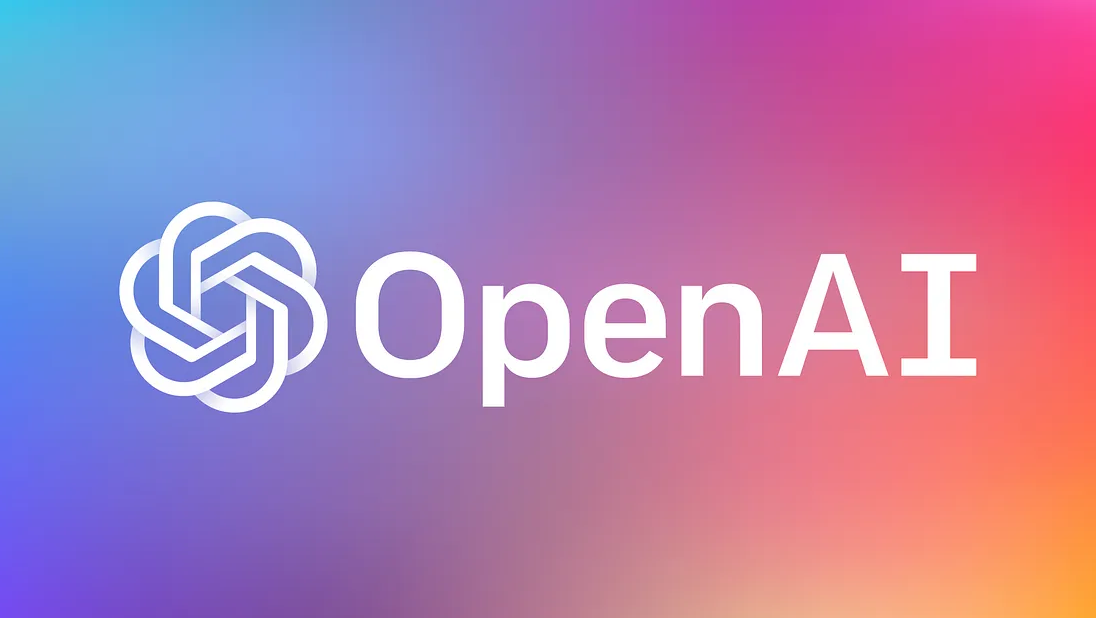OpenAI has surpassed 1 million business customers, becoming the fastest-growing business platform in history. Companies in healthcare, finance, retail, and tech use ChatGPT for Work or API access to enhance operations, customer experiences, and team workflows.
Consumer familiarity is driving enterprise adoption. With over 800 million weekly ChatGPT users, rollouts face less friction. ChatGPT for Work now has more than 7 million seats, growing 40% in two months, while ChatGPT Enterprise seats have increased ninefold year-over-year.
Businesses are reporting strong ROI, with 75% seeing positive results from AI deployment.
New tools and integrations are accelerating adoption. Company knowledge lets AI work across Slack, SharePoint, and GitHub. Codex accelerates engineering workflows, while AgentKit facilitates rapid enterprise agent deployment.
Multimodal models now support text, images, video, and audio, allowing richer workflows across industries.
Many companies are building applications directly on OpenAI’s platform. Brands like Canva, Spotify, and Shopify are integrating AI into apps, and the Agentic Commerce Protocol is bringing conversational commerce to everyday experiences.
OpenAI aims to continue expanding capabilities in 2026, reimagining enterprise workflows with AI at the core.
Would you like to learn more about AI, tech and digital diplomacy? If so, ask our Diplo chatbot!









